As Africa’s digital landscape evolves at breakneck speed, Nigeria is positioning itself as a leader in harnessing new technologies. The country’s latest stride, the adoption of the 6GHz spectrum, signals not just a technological upgrade but a giant leap towards closing the connectivity gap across the continent. The Nigerian Communications Commission (NCC) is at the helm of this initiative, leading the way to faster internet and more reliable digital infrastructure, ensuring Nigeria stays competitive in the global race for emerging technologies.
The Nigerian Communications Commission (NCC) is taking a decisive step towards faster, more reliable internet access with its recent decision to harness the 6GHz spectrum. This move, which aligns Nigeria with other African pioneers like South Africa and Morocco, marks a significant milestone in the country’s digital transformation journey. The announcement was made during a Stakeholders’ Consultative Forum on Emerging Technologies in Lagos by the Executive Vice Chairman of the Commission, Dr. Aminu Maida, who highlighted the potential of the 6GHz spectrum to revolutionise Nigeria’s digital landscape.
The need for a more robust and expansive internet service has never been more urgent. As Nigerians increasingly depend on digital platforms for everything from business transactions to education, the limitations of the current 2.4GHz and 5GHz spectrum have become apparent. With bandwidth congestion hindering innovation and digital inclusion, the introduction of the 6GHz band couldn’t be more timely.
What the 6GHz Spectrum Means for Nigeria
The shift to the 6GHz band is a game-changer for Nigeria’s digital infrastructure. Offering significantly higher data speeds and wider channels, this spectrum is designed to address the growing demand for high-performance internet. What this means is simple: faster, more reliable internet connections that can handle heavy traffic from multiple devices without slowing down.
Nigeria’s growing digital economy is pushing the limits of its current internet infrastructure. The widespread use of 5GHz and 2.4GHz bands has brought these frequencies to the brink of capacity, causing network congestion and slower internet speeds, especially in densely populated areas. According to Dr. Maida, the demand for bandwidth-heavy applications such as streaming, video conferencing, and cloud computing has only intensified this problem.
By opening up the 6GHz spectrum, the NCC aims to alleviate these constraints and offer a more robust internet experience for both consumers and enterprises. The 6GHz band supports Wi-Fi 6E, a next-generation wireless standard, which offers significantly higher data rates, more reliable connections, and lower latency compared to older Wi-Fi standards. These improvements will be especially beneficial in high-traffic environments where multiple devices are connected to the same network.
As Nigeria steps into the league of nations adopting this advanced technology, it will join countries like South Africa and Morocco in building a future-ready digital environment. This transition will make high-speed internet more accessible for everyday Nigerians, enabling the widespread use of technologies like augmented reality (AR), high-definition video streaming, and the Internet of Things (IoT). Such advancements are vital for industries looking to innovate and expand their digital capabilities, especially in sectors like fintech, e-commerce, and healthcare.
How the 6GHz Spectrum Works
The 6GHz spectrum operates within the 5.925 GHz to 7.125 GHz frequency range, making it one of the most advanced and expansive wireless communication spectrums available today. Compared to the older 2.4GHz and 5GHz bands, which have been prone to congestion due to overcrowding, the 6GHz band provides a significantly larger bandwidth, supporting more simultaneous users and devices.
To put it into perspective, the 2.4GHz band is like a narrow, single-lane road that struggles to handle heavy traffic, while the 5GHz band offers more lanes but is still prone to congestion during peak hours. In contrast, the 6GHz band is akin to a wide, multi-lane expressway with fewer cars (devices) on the road, allowing for faster and smoother travel (data transmission).
This enhanced spectrum capacity is especially crucial for emerging technologies such as virtual reality (VR), augmented reality (AR), and the Internet of Things (IoT), all of which require fast and reliable internet connections to function optimally. The 6GHz band can also support wider channels—up to 160 MHz—making it ideal for high-definition video streaming and other bandwidth-heavy applications.
The future of Africa’s Digital Economy
Nigeria’s move to integrate the 6GHz spectrum has far-reaching implications. It highlights the country’s commitment to fostering digital inclusion, bridging the technology divide, and unlocking new economic opportunities. For many African nations, including Nigeria, the digital economy is positioned to become the main driver of growth. With faster connectivity, businesses can reach broader markets, and entrepreneurs can innovate in ways previously unimaginable.
This spectrum will also have a significant impact on education, allowing for more reliable e-learning experiences, especially in rural areas where connectivity has long been an issue. As the NCC rolls out this initiative, the ripple effects will be felt across industries and communities, accelerating Nigeria’s position in the global digital economy. Moreover, the rollout must ensure inclusivity, making sure that both urban centres and rural areas benefit equally from the improved connectivity. If managed well, the 6GHz spectrum could serve as a critical equaliser, providing underserved communities with the same opportunities for digital access and participation.
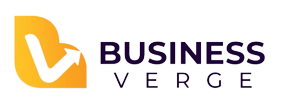



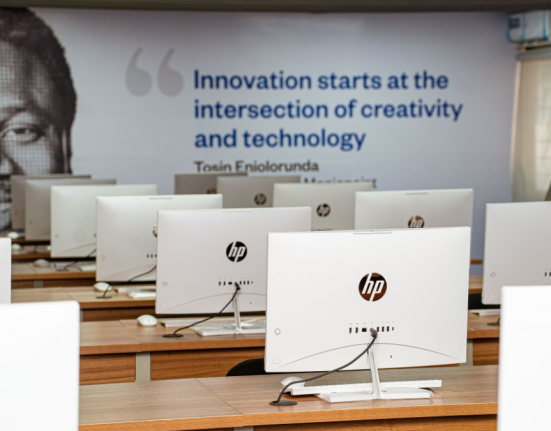
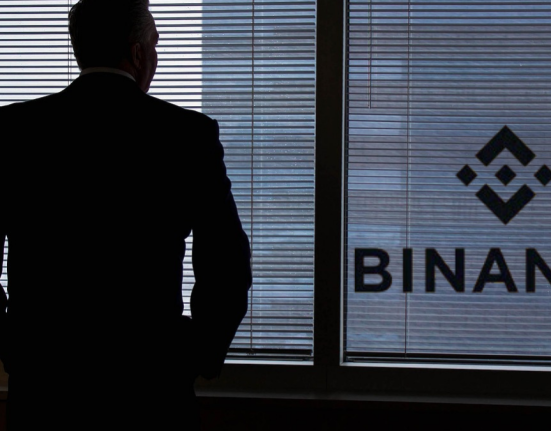
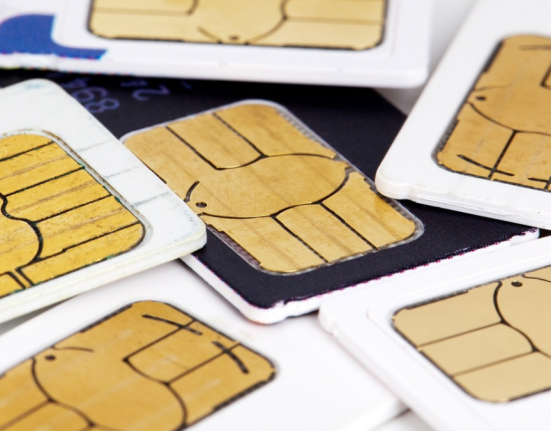
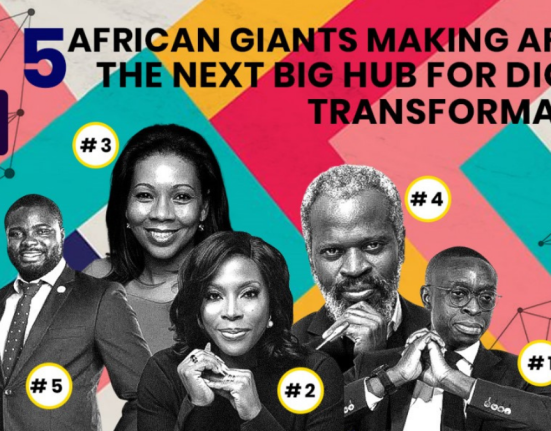

Leave feedback about this